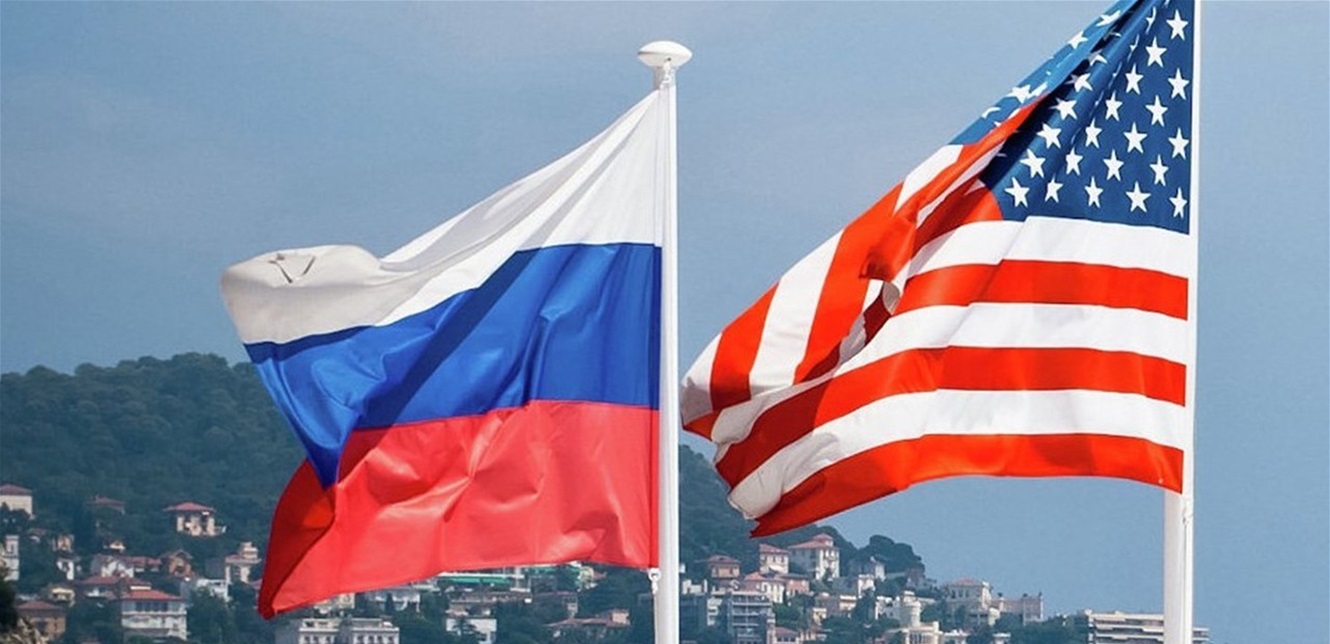QAMISHLI, Syria (North Press) – US National Security Council Coordinator for the Middle East and North Africa, Brett McGurk, Russian Deputy Minister of Foreign Affairs, Sergey Vershinin, and Russian president’s special envoy for Syria Alexander Lavrentiev will hold an official dialogue session on Syria in Geneva next week.
Since the advent of US President Joe Biden’s administration, his team has subjected any political dialogue with Russia to the latter’s approval to extend the cross-border humanitarian aid decision, which expired in July.
In light of the understanding between Biden and his Russian counterpart Vladimir Putin in Geneva in mid-June, McGurk, Vershinin and Lavrentiev met secretly in Geneva at the beginning of July.
At the time, they agreed on a draft of the new international resolution that was communicated to the allies of Washington and Moscow in the Security Council.
The upcoming meeting between the US and Russia comes in the hope of laying the groundwork for the two sides to avoid a diplomatic clash, with the approaching extension of the international resolution on humanitarian aid early next year, and the intertwining of the military situation in northeastern Syria.
Washington is seeking to coordinate with its allies, on the way to a diplomatic entitlement in the Security Council at the beginning of the year, by leading an expanded meeting of a number of major and regional countries on the sidelines of the Global Coalition Conference to Confront ISIS in Brussels in the next month.
Moscow also decided to organize a conference of the “Guarantors of Astana, with the participation of the Foreign Ministers of Russia, Iran and Turkey, in the middle of next month, to coordinate the situation militarily among the three countries present in Syria.
On July, Washington made several concessions to Moscow, by abandoning the demand for three border crossings to deliver aid, and satisfied with Bab al-Hawa crossing between Idlib and Turkey.
It also agreed upon new resolutions which included terms such as funding project of “early recovery”, “resilience”, and aid support “across the lines”.
However, some countries, including allies of the US such as France, considered those terms as a Russian penetration by circumventing European conditions, which include three No’s: “No to contributing in financing reconstruction projects, no to lifting Western sanctions on Damascus, and no to normalization with Damascus,” before substantial progress is made in the peace process, and the implementation of resolution 2254.
In return, Moscow orally pledged to agree to the extension of the international resolution for another six months after completing the first six months at the beginning of the year.
It also promised to move the issue of the peace process and the work of the Constitutional Committee, to maintain the ceasefire and the stability of the lines of contact between the three areas of influence, and to abide by the Prevention of Conflict agreement between the US and Russian armies in northeastern Syria.

